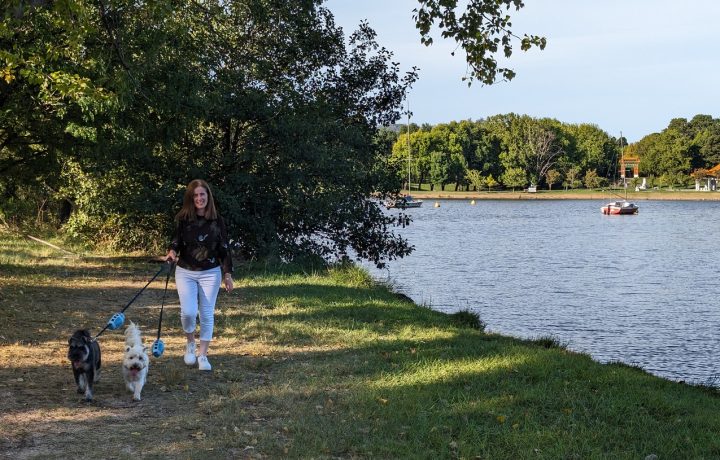Girl Talk: Five Minutes with Senator Kate Lundy
Posted on
While many blatant sex inequities have been eliminated in our society through individual actions and social movements, many believe that we are still yet to achieve complete equality between men and women.
A quick look back through Australian political history shows these actions were delivered by women who had to fight every step of the way to be involved equally in community life.
I spoke with Senator for the ACT, Kate Lundy about Post-Feminism, women in politics and what it meant for Australia to have a female Prime Minister following this week’s Powerful Women in Politics breakfast.
Q. During your address at the breakfast, you spoke about the significance of 24 June 2010 and the symbolism of when the Honourable Julia Gillard became the first Australian female Prime Minister. Can you expand on this and what you believe it means to women, particularly since the change of leadership?
Senator Kate Lundy: For years we [women] have talked about the notion of being able to do anything and achieve anything we want but there has been no concrete evidence of this in politics. Yes, we have seen women achieving Cabinet positions and even landing State leadership roles but no woman has taken the top job–that is becoming the leader of our country. It’s very clear [to me] that young women and our daughters have been impacted significantly. Seeing a woman as Prime Minister made it real and very much possible for other women to achieve.
Q. What do you believe it means for your mother to have a daughter in politics? SKL: It is, of course, something that makes your parents really proud. My mother has been a fantastic supporter, in the same way as my daughters have been. For all of them it’s not always comfortable particularly when others challenge them because of their known association to me as a Senator.
Q. When striving for success as a woman, be it a political leader, CEO or even a mother, many think that you need to take the most typical and common path to achieve it. Get an education to become a politician; long term loyalty to a company as you work you’re way up the corporate ladder; or job stability and getting married before having children. Your own experience moving into politics came from leaving school in Year 11 and working on construction sites where you developed a strong interest in workplace health and safety. What advice do you have for women who take the path less travelled to achieve their goals?
SKL: I think the path less travelled is quite often a path where you don’t know where you will turn up. It’s the unknown. The path I followed inspired me to take hold of opportunities that presented themselves. Don’t panic when you find yourself without a plan. Follow your heart and follow whatever it is that inspires your passion. Chances are it will lead you to politics. Go with the flow and don’t push back.
Q. How do you overcome people’s apathy and/or negativity toward having a politically driven career?
SKL: I remember my Year 11 career adviser asking me what I wanted to do after I finished school. I answered with “anything but politics”. Politics can be intimidating. Wanting to be involved in politics isn’t about politics per se, but what it is that motivates you to make a change and trying to achieve that change. Find what it is that drives you; that keep you up late at night motivating you, and then find the vehicle to make that change. In politics, it’s not about the game; it’s about making that change. Remember–because you choose to have a political opinion someone is going to hate you, but that’s ok.
Q. Associate Professor and author Mary Walsh spoke about the ideal that many, particularly young women, think we are living in a Post-Feminist society, do you agree?
SKL: Definitely. I don’t think we have moved past it…I think in some aspects we have. Education has become a progressive but the same can’t be said for the workplace or society in general, although there are some aspects of society that are more progressive than others. It is still male dominated and there are still systemic barriers for women. Our education system has broken down not all but most barriers for women. We’re not there yet but we have made a great start.


Leave a Reply
You must be logged in to post a comment.